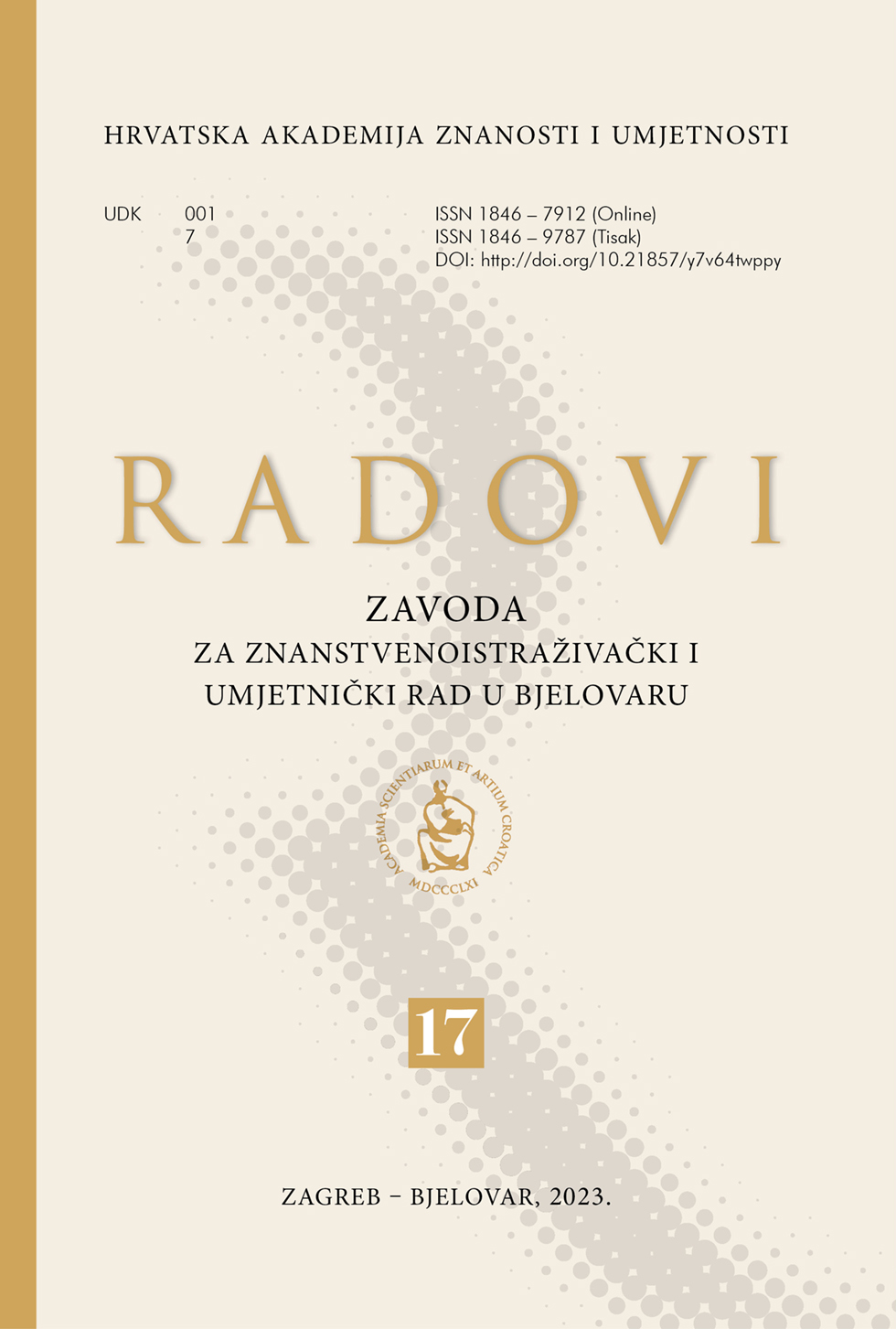Primjena Bee-Bot-a u ranom i predškolskom odgoju i obrazovanju
Application of Bee-Bot in early and preschool education
Author(s): Edita Rogulj, Lana Radošević, Mersija Plančić DlačićSubject(s): Education, Preschool education, State/Government and Education, Sociology of Education
Published by: Hrvatska akademija znanosti i umjetnosti - Zavod za znanstvenoistraživački i umjetnički rad u Bjelovaru
Keywords: digital competence; outdoor games; critical reflection; socialization;
Summary/Abstract: The modern approach to the education of early and preschool children is directed, among other things, towards the development of digital competence. Activities from the field of information and communication technology are increasingly applied in the kindergarten curriculum in order to meet the requirements of educational policies. In doing so, the specifics of people of new generations whose childhood was marked by digital technology are taken into account. Today’s children use different digital devices every day, mostly as a source of entertainment. This is often characterized by intuitive and spontaneous mastering of new knowledge and skills. However, it is necessary to take advantage of the possibilities of using digital technology during education. Thinking about the mentioned issue led to qualitative research, that is, conducting a case study. Twelve children between the ages of three and seven from the Malešnica Kindergarten in Zagreb participated in the research. The starting point of the research was based on understanding and achieving benefits by including the Bee-Bot floor computer in educational work, especially during socialization, teamwork and expanding existing digital knowledge and skills in children. This paper is about the possibility of using Bee-Bot from the point of view of digital technology in the everyday activities of children in kindergarten. Such activities are applied in closed and open spaces, where Bee-Bot assumes the role of a motivator for research activities, thus encouraging children to move, socialize, and peer cooperation. Such approach sends a message to children about accepting their interests in digital technology and guides them to think critically about its use. The results of the conducted research point to the realization of all the selected benefits. Changes in the area of social well-being in the development of teamwork were especially noticed, which was reflected in the increase in the quality of communication between children.
Journal: Radovi Zavoda za znanstvenoistraživački i umjetnički rad u Bjelovaru
- Issue Year: 2023
- Issue No: 17
- Page Range: 151-170
- Page Count: 20
- Language: Croatian

